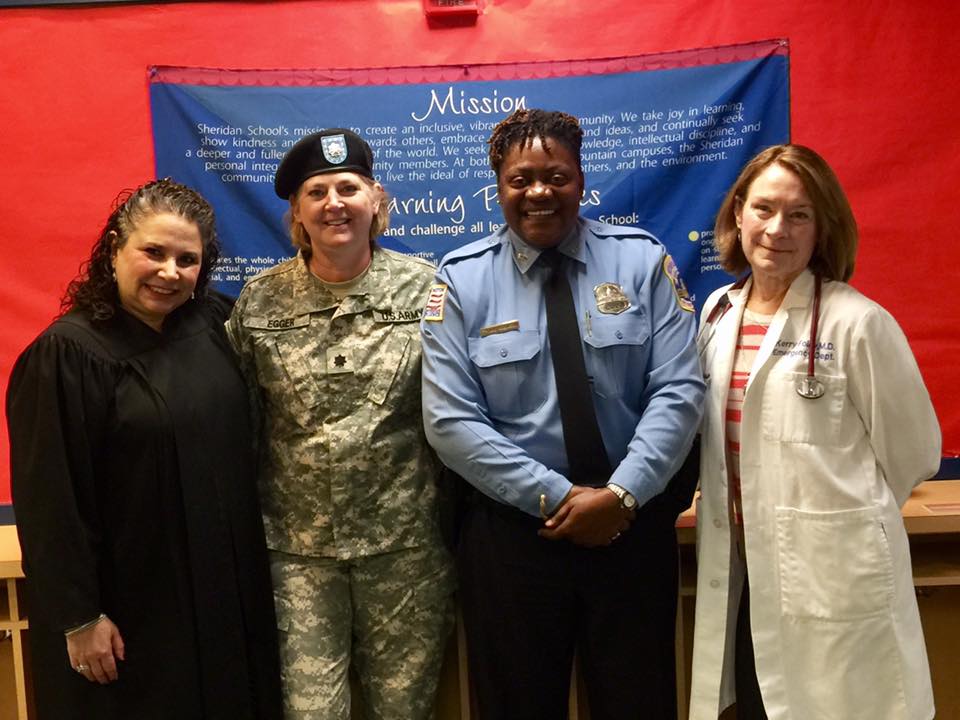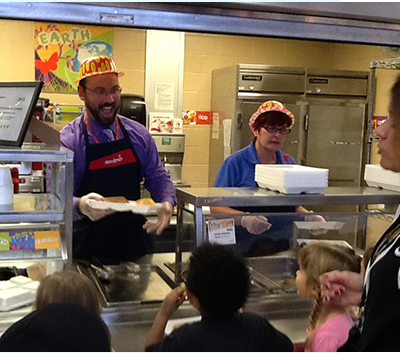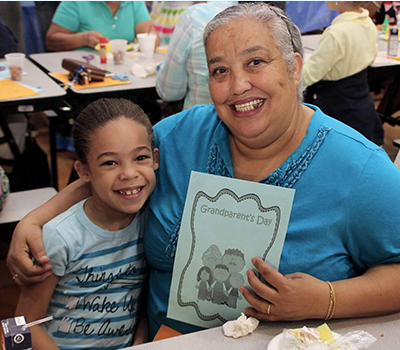
All adult members of the school community influence the character development of young people.
Successful character education initiatives engage families and community members as partners in the character building effort.




Schools that reach out to families and community members and include them as partners in the character building effort benefits not only the school, but also the well-being of the entire community. These schools understand the value of communicating the purpose and plan for character education, and work to engage families and community members in conversation about the school’s character education effort. Schools of Character recognize that all adult members of the school community influence the character development of young people, and they actively recruit the help of the wider community (e.g., businesses, service organizations, municipalities, and the media) in supporting the character building effort. Principle 10 shows that schools advance their character education initiatives by forging partnerships with their families and the wider community.
Forging partnerships with parents and community requires three parts:
Engage

Communicate

Recruit



School Examples


Districts
Districts engage the spectrum of the community with particular focus on involvement of appropriate local government agencies, youth-serving organizations, and the business community.
Mantua Township Public Schools in Mantua, New Jersey uses a variety of methods to engage the entire community. Dr. Robert Fisciaro and his team are particularly fond of the Parents as Partner events. At the Parents as Partners events, two-way collaboration occurs. Insight and strategies that will help support the social and emotional growth of children

are presented and discussed at these well-attended gatherings. The virtue lessons are shared to help them guide their children through difficult life situations while adhering to our core values. Some helpful parenting strategies included in these meetings are Collaborative Proactive Solutions, the Nurtured Heart Approach, and the Jesse Lewis Foundation “Choose Love” lessons.
Self-Reflection
How involved are the parents in your school? Do they feel welcome? How do you individually and as a school communicate with students’ families and vice versa? What strategies and activities involve families in character education? What other ways might you consider trying to involve families?
What efforts are already under way to involve community members in your character initiative and in your school? What resources might your community members offer? What obstacles do you face engaging community members in your work and how can they be overcome?
[wp_quiz id=”4199″]
Research that Supports Principle 10
![]()
“How to teach kids the eight indispensable skills: self-confidence, self-awareness, communication, problem solving, getting along, goal setting, perseverance, and empathy—they’ll need for living confident, happy, and productive lives.”
![]()
“With concrete examples drawn from the many families Dr. Lickona has worked with over the years, the book How to Raise Kind Kids will help you give and get respect, hold family meetings to tackle persistent problems, discipline in a way that builds character, and improve the dynamic of your relationship with your children while putting them on the path to a happier and more fulfilling life.”

Authored by Lori Soifer



